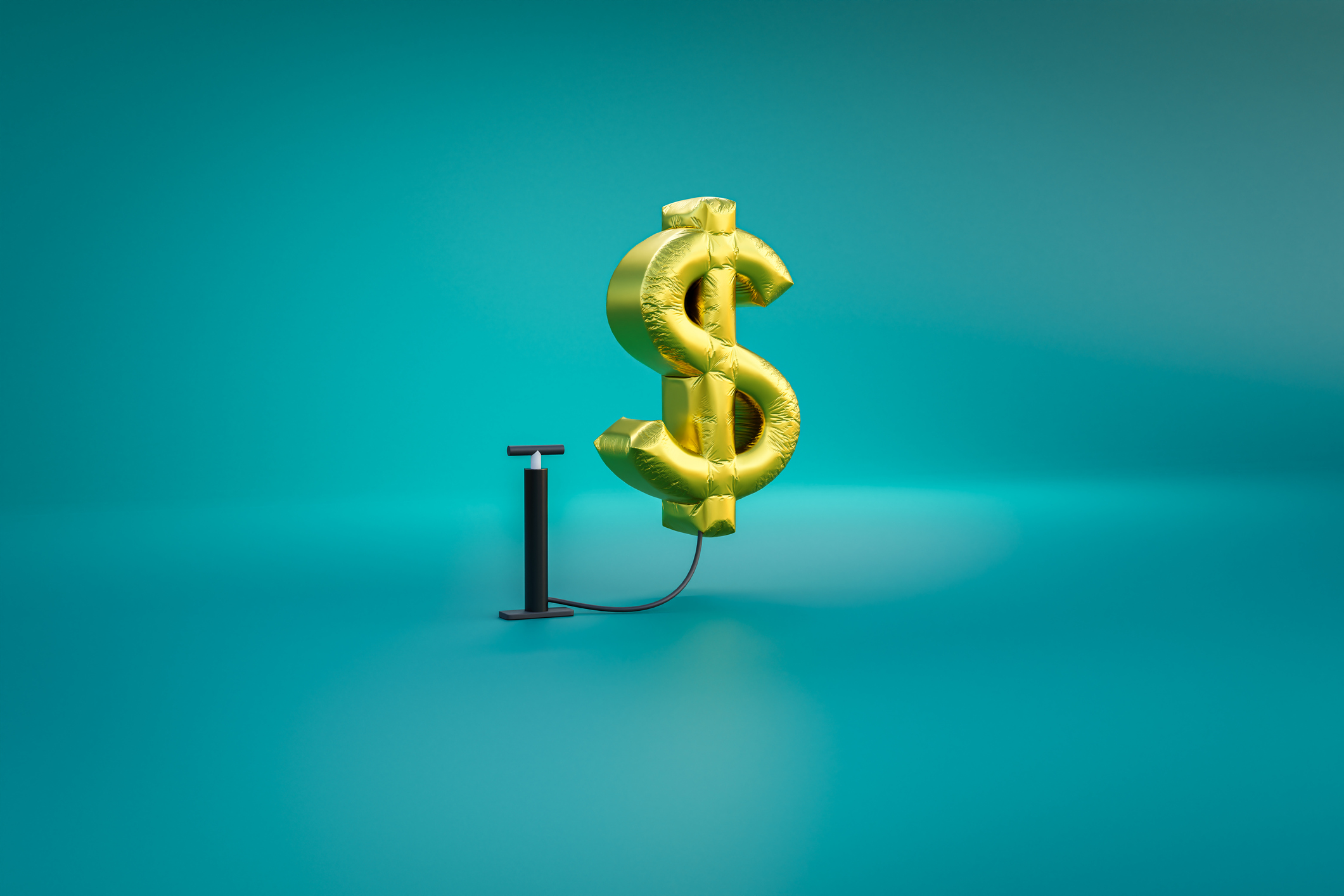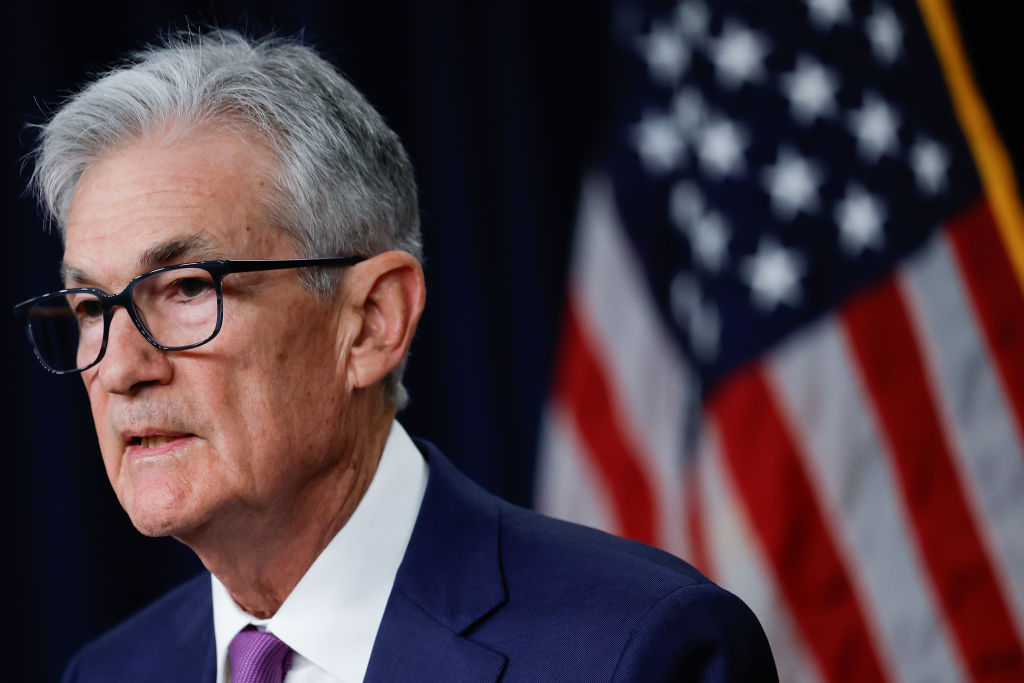Think Twice Before You Close a Credit Card
Even if you’re no longer using it, closing an account could ding your credit score.


Paying off high-interest credit card debt is an important step toward financial freedom, and Americans have taken this standard personal finance advice to heart. According to data from the Federal Reserve, revolving credit balances (primarily credit card debt) dropped more than 11% from 2019 to 2020. Analysts believe the decline stems from a combination of spending cutbacks during the pandemic and billions of dollars in stimulus checks, which many consumers used to pay off debt.
If you find yourself with one or more paid-off credit cards taking up wallet space, should you close your accounts for good?
Credit-utilization math. Most experts agree that you should hold on to a paid-off credit card, even if you’re no longer using it. FICO scores, which most lenders use, are calculated based on five factors with varying weights. Your payment history is the most important factor, accounting for 35% of your score, but your credit-utilization ratio—the amount you owe as a percentage of your total available credit—also has a heavy impact on your score, at 30%.
From just $107.88 $24.99 for Kiplinger Personal Finance
Become a smarter, better informed investor. Subscribe from just $107.88 $24.99, plus get up to 4 Special Issues

Sign up for Kiplinger’s Free Newsletters
Profit and prosper with the best of expert advice on investing, taxes, retirement, personal finance and more - straight to your e-mail.
Profit and prosper with the best of expert advice - straight to your e-mail.
Say you have total available credit of $10,000 split evenly between two cards. One card has a balance of $2,500 and the other has a zero balance because you paid it off. Your credit-utilization ratio is 25%—a desirable amount because most credit experts recommend keeping the ratio under 30%. If you were to close that zero-balance card, though, your ratio would jump to 50%, which would hurt your credit score.
In addition to doing the math with your own accounts before you close a card, you also need to give some thought to why you no longer want the card, says credit expert Beverly Harzog, author of The Debt Escape Plan. Harzog says people most often consider closing a credit card when the rewards aren’t generous enough to justify the annual fee or when they want to remove a temptation to run up more debt. But you may not need to close a card to address those issues.
New card, same issuer. Cards with annual fees often offer rewards—but at a steep price. Such cards will typically cost you about $100 a year, but some can run as high as $550 (see Best Rewards Credit Cards).
If you are reconsidering a card with a high annual fee, ask the issuer if it has a no-fee (or low-fee) card with similar rewards and credit limits you can switch to. If you’re approved, you won’t lose the credit history attached to the old card, and your credit-utilization ratio won’t be affected.
If you can’t find a card to switch to with the same issuer, apply for a new card with a similar credit limit before canceling the old card. That way, your credit score won’t take a prolonged hit, because the amount of your available credit will remain the same.
If want to remove the temptation to spend, store the card in a safe place where you won’t come across it very often. Or just cut it up. Once you’ve done that, prevent crooks from using it by going to your credit card’s website or app and placing a lock on your account.
“If you truly believe canceling a card is in your best interest, do it, and just ride it out,” Harzog says. The hit to your score will be temporary as long as you continue to keep your card balances low and pay your bills on time.
Profit and prosper with the best of Kiplinger's advice on investing, taxes, retirement, personal finance and much more. Delivered daily. Enter your email in the box and click Sign Me Up.

Rivan joined Kiplinger on Leap Day 2016 as a reporter for Kiplinger's Personal Finance magazine. A Michigan native, she graduated from the University of Michigan in 2014 and from there freelanced as a local copy editor and proofreader, and served as a research assistant to a local Detroit journalist. Her work has been featured in the Ann Arbor Observer and Sage Business Researcher. She is currently assistant editor, personal finance at The Washington Post.
-
 Gold and Silver Shine as Stocks Chop: Stock Market Today
Gold and Silver Shine as Stocks Chop: Stock Market TodayStocks struggled in Friday's low-volume session, but the losses weren't enough to put the Santa Claus Rally at risk.
-
 Don't Wait Until January: Your Year-End Health Checklist to Kickstart 2026
Don't Wait Until January: Your Year-End Health Checklist to Kickstart 2026Skip the fleeting resolutions and start the new year with a proactive plan to optimize your longevity, cognitive health, and social vitality.
-
 Premium Rewards Cards: More Perks, Higher Fees
Premium Rewards Cards: More Perks, Higher FeesSome issuers are hiking the annual fee on their flagship luxury credit cards by hundreds of dollars. Are they still worth using?
-
 9 Types of Insurance You Probably Don't Need
9 Types of Insurance You Probably Don't NeedFinancial Planning If you're paying for these types of insurance, you may be wasting your money. Here's what you need to know.
-
 The November CPI Report Is Out. Here's What It Means for Rising Prices
The November CPI Report Is Out. Here's What It Means for Rising PricesThe November CPI report came in lighter than expected, but the delayed data give an incomplete picture of inflation, say economists.
-
 The Delayed September CPI Report is Out. Here's What it Signals for the Fed.
The Delayed September CPI Report is Out. Here's What it Signals for the Fed.The September CPI report showed that inflation remains tame – and all but confirms another rate cut from the Fed.
-
 Banks Are Sounding the Alarm About Stablecoins
Banks Are Sounding the Alarm About StablecoinsThe Kiplinger Letter The banking industry says stablecoins could have a negative impact on lending.
-
 21 Last-Minute Gifts for Grandparents Day 2025 to Give Right Now
21 Last-Minute Gifts for Grandparents Day 2025 to Give Right NowHoliday Tips Last-minute gifting is never easy. But here are some ideas to celebrate Grandparents Day.
-
 Texas Sales Tax-Free Weekend 2025
Texas Sales Tax-Free Weekend 2025Tax Holiday Here's what you needed to know about the Texas sales tax holiday.
-
 Money for Your Kids? Three Ways Trump's ‘Big Beautiful Bill’ Impacts Your Child's Finances
Money for Your Kids? Three Ways Trump's ‘Big Beautiful Bill’ Impacts Your Child's FinancesTax Tips The Trump tax bill could help your child with future education and homebuying costs. Here’s how.
-
 What Will the Fed Do at Its Next Meeting?
What Will the Fed Do at Its Next Meeting?The Federal Reserve is set to resume its rate-cutting cycle at the next Fed meeting.